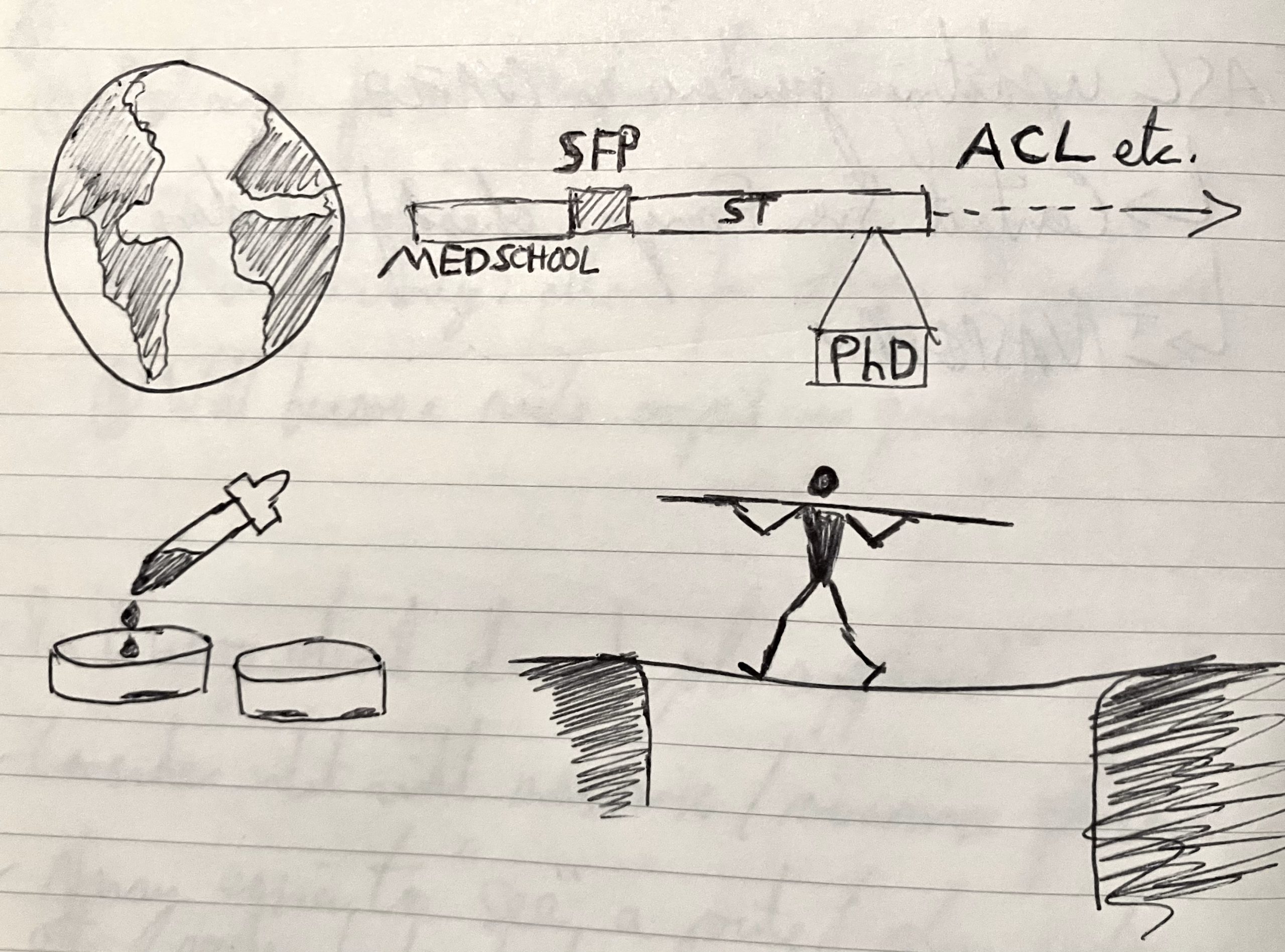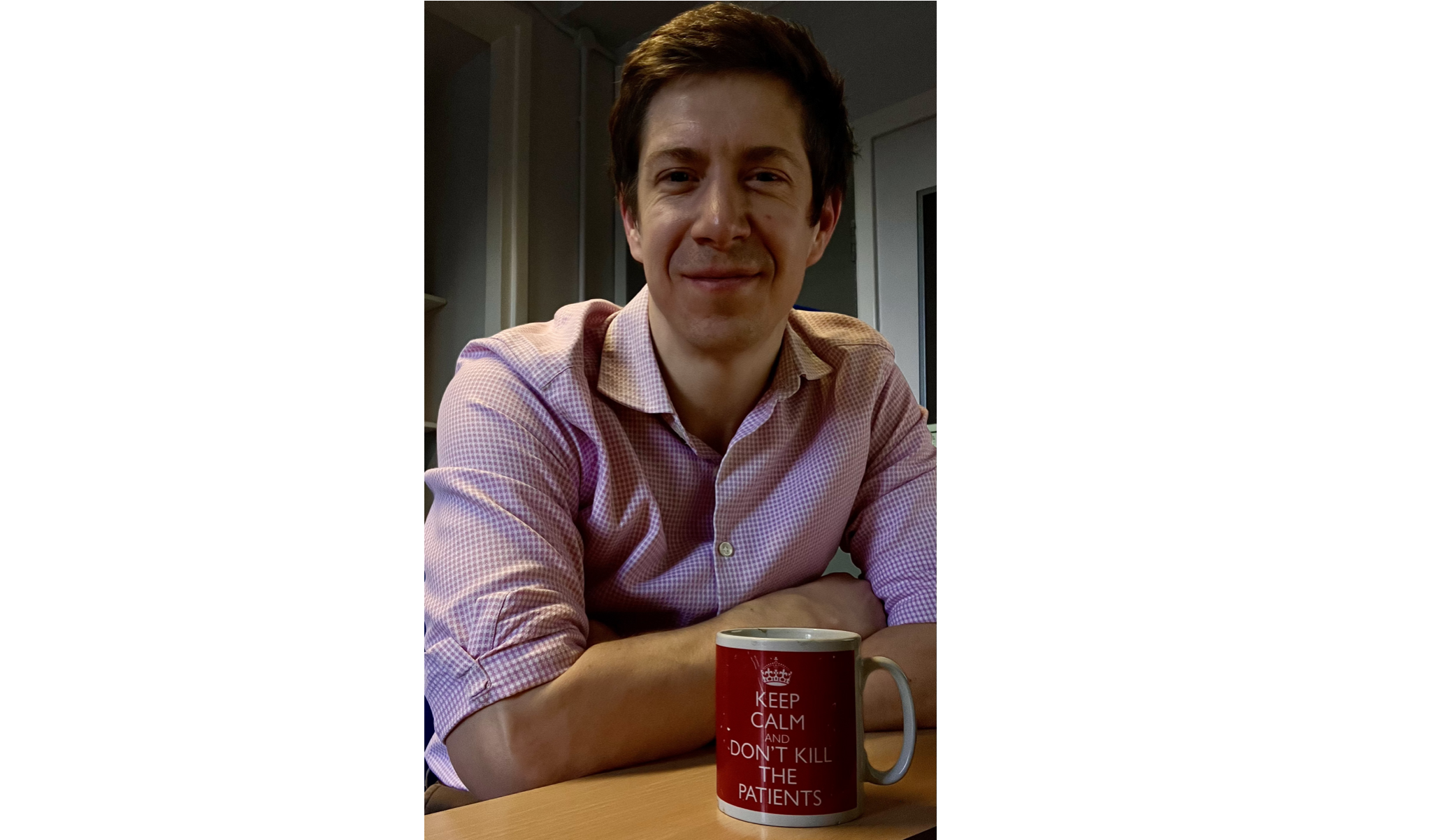Every doctor I speak to remembers their first job. Not a vague hospital/speciality but the patients, the people they worked with, and how the job made them feel. I believe these experiences have a long-lasting impact. This is why the first job of FY1 is so important.
We make instant, subconscious judgements about situations and people. My perception is that the “first impression” of working as an NHS clinician crystallises during those first four months. Most fundamental is how it makes you feel. It is well recognised that memories formed alongside strong emotions are longer lasting and that the first job is (usually) a little more anxiety-provoking than all that follow.
Imagine two scenarios:
Job A: disillusioned middle-grade doctors, the assumption of staying a bit late most days, seniors who don’t learn your name, and a tiny office without a working printer.
Job B: seniors passionate about supporting development of the whole team, opportunistic constructive feedback, paid for the hours you work, and enthusiasm for their speciality.
I believe that four months of these environments will recalibrate the view of other jobs going forward.
Foundation years form only a small proportion (e.g. 5%) of time as a NHS clinician yet have several unique characteristics:
- They are compulsory
- Many decide on a specialty during this period
- Rotations are short
- Clinicians are paid the least of any other part in their career (and worked just as hard)
- Many will have moved to a new part of the country
This makes those first two years absolutely critical for long-term development.
FY1 doctors have been shadowing in the NHS for at least three years so clearly this is not their first experience of the NHS. However there is something qualitatively different at the point of transition from student to doctor. It is the point when expectations are actualised or refuted.
If this argument is true (i.e. that the first job of FY1 has a disproportionate impact) then there are several consequences:
- The order of rotations becomes critical
- Teams should make particular effort in that initial period, even more so than at other points of rotation
- Induction is important
Establishing meaningful relationships within teams is challenging due to the impersonal nature of recruitment of junior doctors in the NHS. Induction (to include the first weeks of work) is an opportunity to initiate this process. For example, meeting seniors early and having time for them to learn about their new team member’s background, experience, and aspirations. But this is difficult for departments as rotations are so frequent, and spaced out. A similar induction happens almost every month. (Rotating each 6 months vs 4 months plus August/September/October start.)
Think back to your best foundation rotation. How might it have changed how you perceive post-graduate training if it had been your first job?
Conclusion
The first four month rotation of FY1 is fundamental to shaping the paradigm of doctors in the NHS. Positive early experiences influence how doctors conceptualise all aspects of working life and specialty selection. Therefore, departments should maximise early development of meaningful relationships and support their newest team members.
Caveats
Many incoming doctors will have worked in other roles in the NHS, so their first job as a doctor is not their first job in the NHS.
I anticipate the above points could be even more important for doctors who attended medical school outside the UK, though I have no experience of this.
I am not trying to claim that a good first job will subvert the reality of working in other miserable jobs. It won’t leave permanent rose-tinted glasses. I believe it does leave a glimmer of hope buried away that the environment can be fulfilling, even if the day-to-day grind is tough.
I do believe that higher pay during FY1 would also help.




